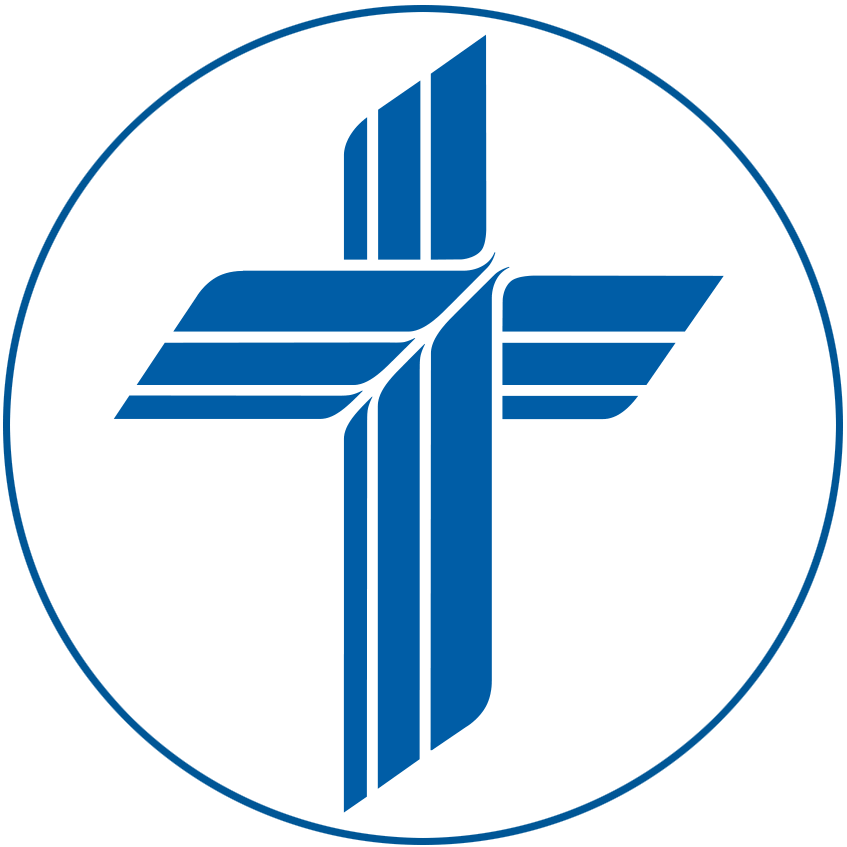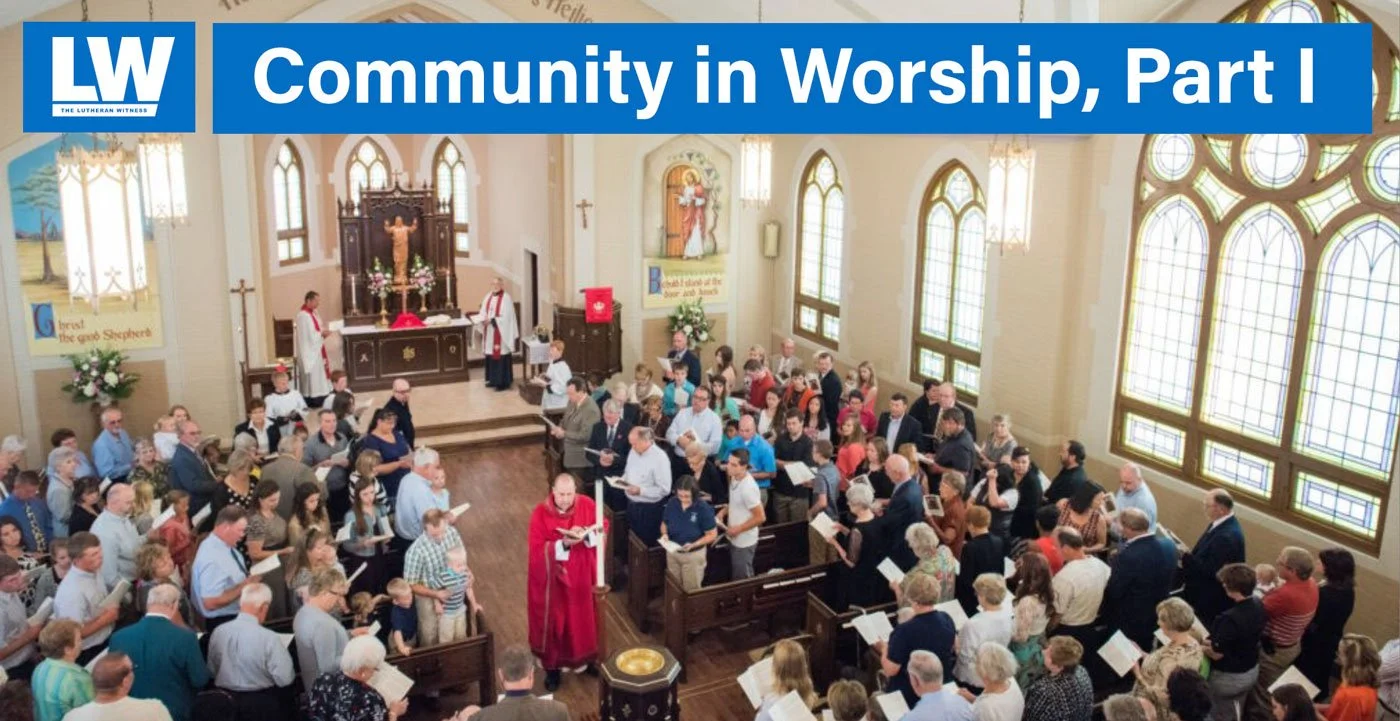The Lutheran Witness: Community in Worship, Part I
Community in Worship, Part I:
Worship Reveals a Community Created by the Holy Spirit
By Phillip Magness
The word “community” calls up a variety of meanings and associations. Communities are formed in various ways as people come together to do different things.
The most obvious type of community is the geographically based one, in which people live near one another for their shared benefit in a city, town, or neighborhood. In more recent times, the term has been used to refer to cross-sections of people who may reside over a broader area but who share common interests or activities such as a sport, an artistic endeavor, or an academic interest. Such communities are even sometimes centered on shared illnesses, pathologies or “identities.” With the advent of the internet, these kinds of communities have gained a global reach.
All these types of communities have one thing in common: They are rooted in human activity. They are people engaged in common purposes. Each of us belongs to multiple communities as we live, work and pursue our interests in this world. Sometimes our various communities intersect or, as some might say, “collide,” and sometimes they don’t. We may share a physical community with our neighbors and so work together with them on cleaning up the local playground or addressing a common nuisance. Yet we may not be in community with them when it comes to our professional vocations or recreational activities. As we depart our neighborhood, we head to different jobs, different friends, different extended family and likely different churches — if our neighbor goes to church at all.
And this — churchgoing — is where our Lutheran understanding leads to a radically different kind of community from all the others. This is because the Christian congregation is not formed out of our will but out of the will of God. As we learn in Luther’s Small Catechism, it is the Holy Spirit who “calls, gathers, enlightens, and sanctifies the whole Christian Church on earth and keeps it with Jesus Christ in the one true faith.” The community that comes together in the Divine Service is gathered by God. Yes, we are the ones who sing, pray, hear, and receive in worship, and so we are active participants in worship, but the chief actor is God Himself, who both gathers His Church in and cares for us as He forgives our sins, enlightens us with His Word, and nourishes our faith in His Holy Supper.
This may seem like a basic teaching for any Trinitarian church — after all, it is fundamental to the sanctifying work of the Spirit — and yet many today, including some Lutherans, think that it is up to us to use worship to create a community rather than see worship as a manifestation of the community that has already been created for us in Christ Jesus.
Missing this fundamental difference leads to two errors, however well-intentioned. On the one hand, many liberal denominations have open communion, teaching that communion is a means to “create community.” This understanding is sung in many modern hymns that are not in our Lutheran Service Book but, for example, form the bulk of communion hymns in Evangelical Lutheran Worship, the hymnal of the Evangelical Lutheran Church of America.
On the other hand, this misunderstanding also shapes many activities of conservative, evangelical churches, in that they pursue what liturgical scholars call “an attractional model” that designs worship on the basis of what seekers and visitors may desire. Thus, “whatever works” is accepted as long as numbers come in. Sadly, this means the purposes of worship outlined in Scripture — the reading of Scripture, the praying for all in authority, the singing of psalms, hymns, and canticles, the preaching of the Gospel, and the Lord’s Supper — are often compromised.
Yet Scripture is clear that worship is for the believers. One cannot find any prescription or description of the Means of Grace being adapted for the pagans or unbelievers. It is the saints who “should not give up meeting together” (Heb. 10:25), the believers who should address one another in Scripture and song (Eph. 5:18; Col. 3:16), and those who faithfully confess Christ who are to be admitted to the Lord’s Supper (1 Cor. 11:26). Indeed, for centuries, even the catechumens — those being instructed in the faith to prepare for Baptism — had to leave the service before Holy Communion, as only the confirmed were allowed to view the liturgy of the Lord’s Supper.
But what, you may ask, about my unbelieving neighbors? Does this mean they shouldn’t come to the Divine Service? The short answer is “it certainly does not mean that!” We are called to love our neighbor, and bringing them to worship is perhaps the most loving thing we can do for them. The same Word that enlivens and sanctifies you in worship is proclaimed for all to hear. Because you have heard, tasted, and seen the goodness of the Lord, you share His desire for all to be saved. Your invitation to them is the Spirit active in you, using your lips to call and gather your neighbor — that He might become active in them.
Future installments in this series will continue in the March and April newsletters, and will consider how worship nurtures a community that is alien to this world and how worship is incomplete without you.

